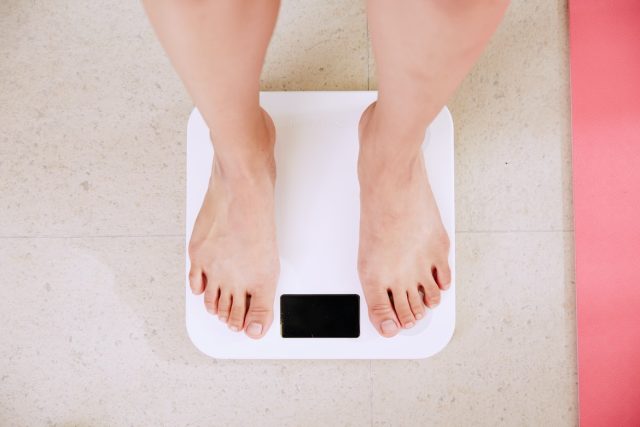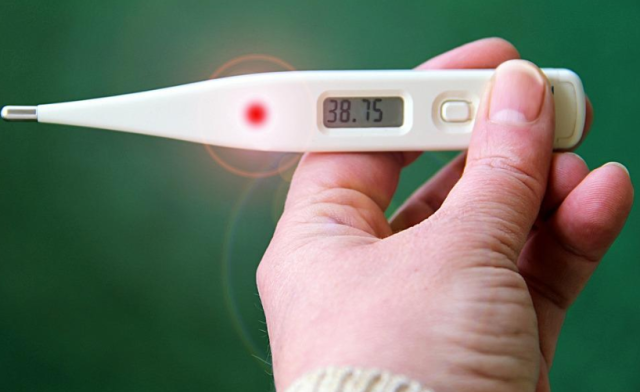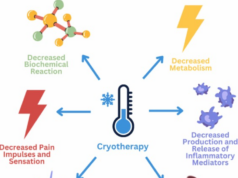No one likes going to the doctor. The thought of being sick itself is scary, and worse is when a diagnosis is made, no matter the type. There are no guidelines on when to and when not to see a doctor. But some situations warrant a doctor’s visit as soon as possible.
For example, if you have the bad flu or pain that doesn’t go away after weeks of using over-the-counter painkillers, you may want to visit a general practice doctor to investigate what’s going on. Here are seven signs that you need to see a doctor.
1. Persistent High Fever
A fever is a sign that the body is fighting an infection. But, if your fever is above 39.4 degrees Celsius or you’ve had it for more than three days, you need to see a doctor. It could be that you are dealing with a serious infection.
2. Weight Loss Without Trying

A healthy diet and exercising are effective ways of losing extra pounds. If you are overweight, and your weight drops suddenly without trying, you may feel overjoyed. However, don’t rejoice yet.
Remember that your body needs to burn more calories than what you are eating to lose weight. So if you notice a reduction in your weight and you haven’t changed your diet or exercised, it could be caused by something else, including infection, anxiety, depression, digestive problems, etc. Sometimes, it could be a sign of cancer. It’s always wise to see a doctor.
3. Changes in the Bowel Movements

If there is a sudden change in your bowel movements, your doctor needs to investigate the reason behind it. For example, you may notice that you’re constipated or pooping black/bloody stools, or experiencing diarrhea. If you’re facing these conditions, it’s good to speak to a doctor.
4. Your Cold Becomes Extremely Bad

Deciding when to go to the doctor for a cold isn’t easy. However, if yours worsens, you need to seek professional help. Watch out for a cough that persists for more than two weeks, difficulty swallowing, chest pain, shortness of breath, fever, muscle aches, and difficulty eating.
5. Yellowing Skin

Yellowing skin is often a sign of jaundice. It indicates that your liver is not functioning well, which forces a substance called bilirubin to accumulate in the blood. Ultimately, it will show up on your skin. Several conditions cause jaundice to happen. Some are serious and need early intervention. So, it’s advisable to see a doctor if your skin is turning yellow.
6. Headaches
Many people experience headaches now and then. But if they are more severe than normal or sudden, you should see a doctor. You also need medical attention if other symptoms like dizziness and nausea accompany your headache.
Also, seek help for headaches that worsen over several days, don’t go away, and are worse when you cough, sneeze, lie down or get them after a serious head injury.
7. Severe Chest, Pelvic, or Abdominal Pain

Pain in the chest, abdomen, or pelvis indicates an underlying condition that a doctor should investigate. For instance, sudden severe chest pain can be caused by a heart attack. If it’s in the abdomen, you may be dealing with gallstones and is usually accompanied by nausea or vomiting. If you experience pain in your pelvis, it could be an infection in your kidneys or appendicitis.
Other signs you need to visit a doctor include bright flashes, changes in your urine or mood, and confusion. Also, seek professional help if you experience unexpected symptoms after taking medication or a procedure.









